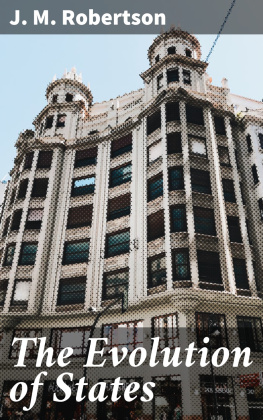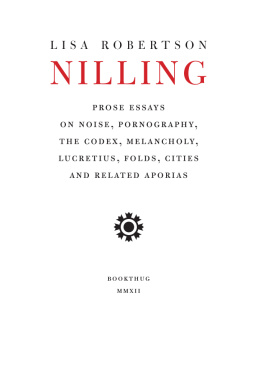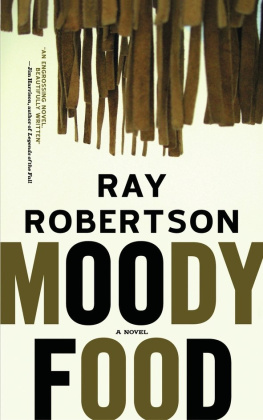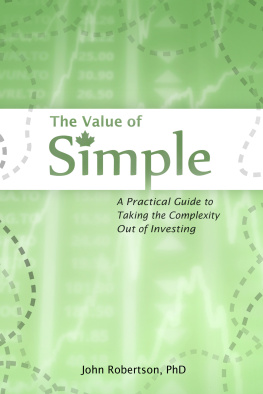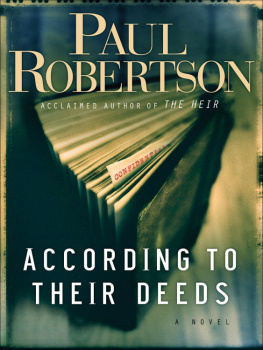PREFACE
Table of Contents
The following treatise is an expansion, under a new title, of one originally published (1900) under the name of An Introduction to English Politics. Several friendly reviewers of that work objected, not unjustly, that its title was something of a misnomer, or at least an imperfect indication of its contents. It had, as a matter of fact, originated remotely in a lecture delivered as preliminary to a course on "Modern English Politicians" (from Bolingbroke to Gladstone), the aim of the prefatory address being to trace in older politics, home and foreign, general laws which should partly serve as guides to modern cases, or at least as preparation for their scientific study; while the main course dealt with modern political problems as they have arisen in the careers and been handled by the measures of modern English statesmen. It was that opening exposition, developed into an essay, and published as a series of magazine articles, that had been further expanded into this treatise, by way of covering the ground more usefully; and the original name is therefore retained as a sub-title.
It is perhaps unnecessary to explain that the book makes no pretension to being a complete or systematic treatment of political history, or of political forms and theories. The object in view from the first has been, not the technical anatomy or documentary history of institutions, but the bringing into light of the ruling forces in all political life, ancient and modern alike. It seeks to help the reader to fulfil the precept of Montaigne: "Qu'il ne luy apprenne pas tant les histoires qu' en juger."
Since it was first written, there has been so much fresh sociological study of history that I need not repeat the justification originally offered for my undertaking. Alike as to ancient and modern history, the effort of scholars is now more and more towards comprehension of historic causation in terms of determining conditions, the economic above all; so much so that I have profited somewhat in my revision from various recent works, and might with more leisure have done so more fully. Revised as it is, however, the book may serve to expound views of history which are still not generally accepted, and to call in question fallacious formulas which seem to me still unduly common.
On any view, much remains to be done before the statement of historic causation can reach scientific thoroughness; and it may well be that some of my theories will incur modification. All I claim for them is that they are made in the light of a study of the concrete process; and I am satisfied that fuller light is to be obtained only in that direction. In the end, doubtless, conflicts of historical interpretation will turn upon problems of psychology. A contemporary German expert of distinction, Prof. Lamprecht, in his able lectures on the problem What is History? (Eng. trans. 1905), lays it down that the main problem of every scientific history of mankind is the "deducing from the history of the most important communities of men the evolution of the breadth of consciousness"; and again that "the full historical comprehension of a single change or of a single phenomenon, with their historical significance, can only be acquired from the most general principles; that is to say, from the application of the highest universal-historical categories." If I understand Prof. Lamprecht aright, he here means simply that we properly understand the motivation of men in the past in terms of our own psychosis, conceived as in touch only with their data. This seems to me substantially sound. But on the other hand I doubt the utility of his apparent purpose of explaining modern historic developments in terms of special psychic changes or movements in communities, considered as forces. That way seems to lie reversion to the old and vain device of explaining the course of nations in terms of their "characters."
In any case, however, we have Prof. Lamprecht's avowal that "It would be a study of great value to establish, by comparative work in universal history, what are the constantly recurring economic factors of each period which are so uniformly followed by the development of other higher intellectual values." That is as full a recognition of the "economic factor" as I am concerned to contend for, if it be understood that economic motives are on the one hand recognised as affecting social action in general, and on the other that varying forms of social machinery react variously on intellectual life. Upon such hypotheses the following inquiry proceeds; to such conclusions it leads.
Obviously all critical exposition, historical or other, is an attempt to influence the psychic processes of the reader, to make him "feel" this and "think" that; and in this sense any resulting change of conduct means the play of "the psychic factor." But that is only another way of saying that the psychic factor is conditioned by material circumstances, by knowledge, and by ignorance. To insist on the perpetual social significance of all three is the general aim of this book.
September, 1912.
THE SUBJECT MATTER
Table of Contents
Politics, in its most general and fundamental character, is the strife of wills on the ground of social action. As international politics is the sum of the strifes and compromises of States, so home politics is the sum of the strifes and compromises of classes, interests, factions, sects, theorists, in all countries and in all ages. In studying it, then, we study the evolution of an aggregate, a quasi-organism, in terms of the clashing forces of its units and of their spontaneous combinations.
This may seem too obvious and simple a truth to need formal telling; and yet no truth is more often missed or set aside by writers who deal with political history. The past course of nations, when it is sought to be explained at all, is by two writers out of three accounted for by certain supposed qualities of character in the given nation as a whole, instead of by the specially conditioned play of forces common to all peoples. here implied that a body of men collectively and concurrently seeking for a fixed constitution have failed, and that the failure is discreditablethat those who thus seek and fail have been badly employed. It is by implication denied that successive changes of a constitution may fitly be regarded as a process of growth and healthy adjustment of parts: the ideal of political health is assumed to be a state of fixity. Thus does indifferentism, naturally if not necessarily, miss the point of view from which itself is to be studied as one of the forces whose conflict the true historian ought to analyse.
There is no national "we" aiming collectively at a fixed and final constitution; nor are the successive constitutions of France as such more significant of failure or permanent harm than the successive changes in the professedly unchanged constitution of Great Britain, though the violent kinds of change are as such harmful. If M. Taine had but applied with rigour the logic he once before prescribed, soundly if wittily, for all problems alike, he could not have begun his history with that delusive abstraction of a one-minded community, failing to achieve "their" or "its" purpose. "


